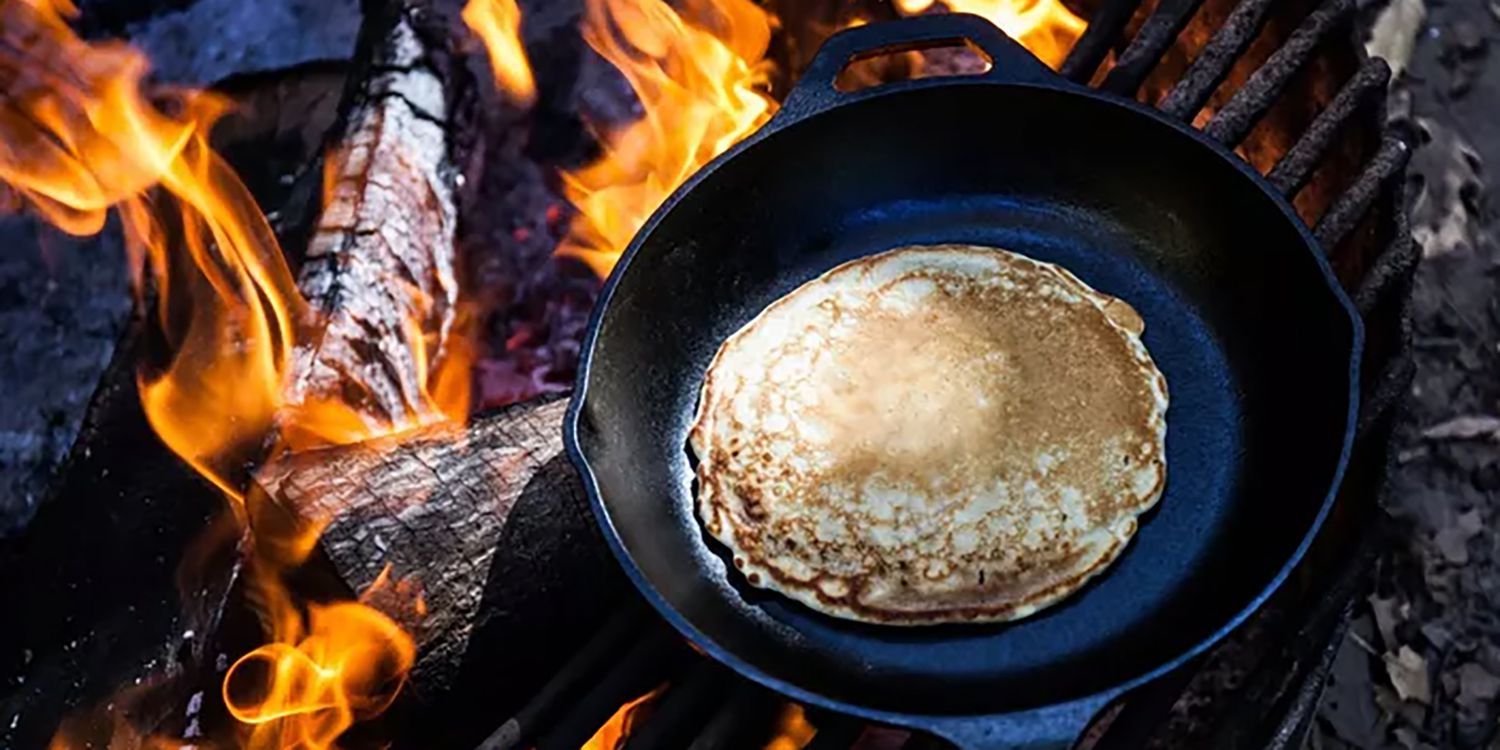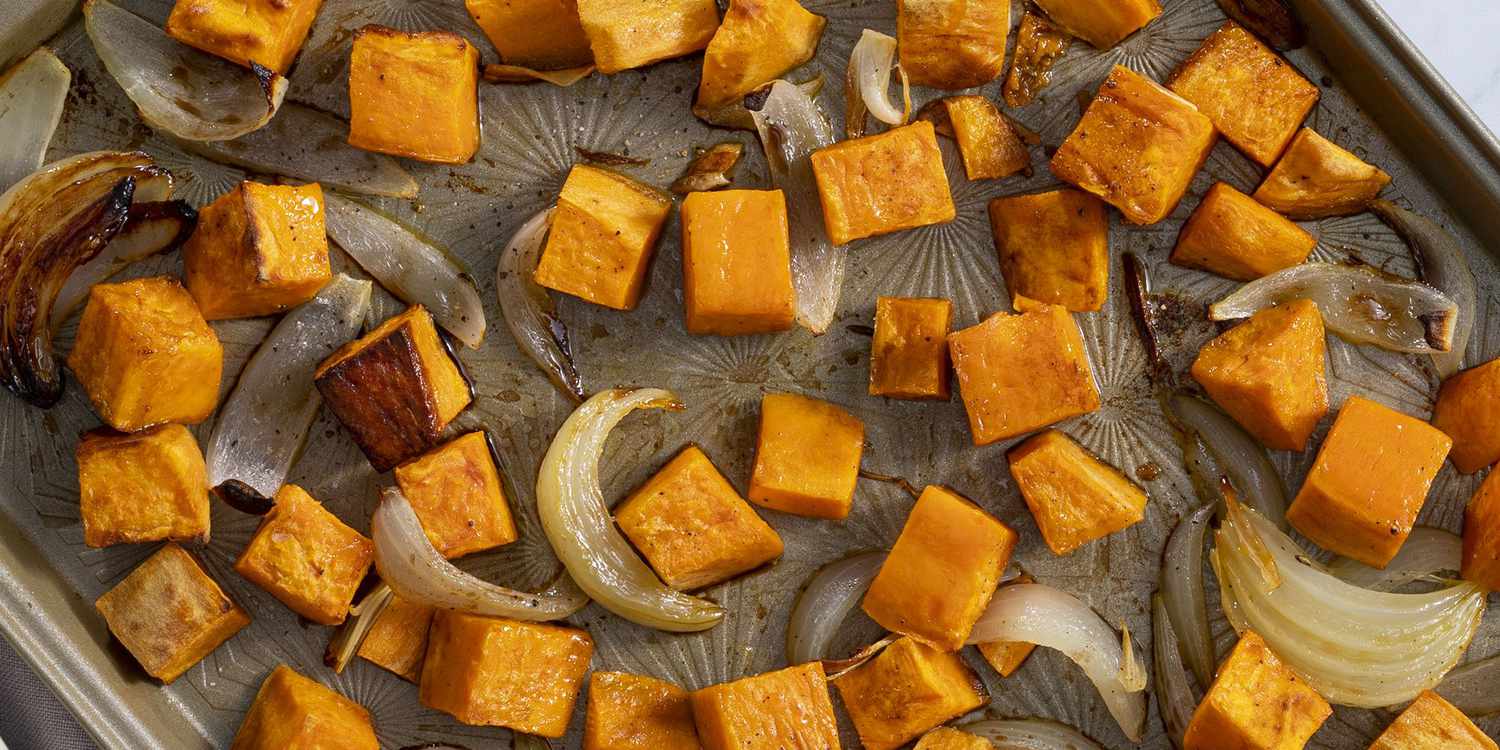If you like to camp or get out into the backcountry, then I have an amazing new cookbook for you. It is called “Cook It Wild: Sensational Prep-Ahead Meals for Camping, Cabins, and the Great Outdoors” (Penguin Random House, 2023), and it is written by Chris Nuttall-Smith, a food writer and “Top Chef Canada” resident judge.
When he is not writing about or judging food, Nuttall-Smith likes to escape the urban jungle that is Toronto and escape to the wilderness. But he does so with gourmet integrity—refusing to compromise on the quality of his meals, no matter how remote the surroundings. I find this quite endearing and relatable, as I have gone on a few too many camping trips in my life where freeze-dried meals and sad trail mix have dominated my diet, to the point of me not wanting to repeat the trips.
Nuttall-Smith maintains that it is absolutely possible to eat like royalty in the wilderness, without adding impossibly heavy loads to one’s pack, nor overcomplicating one’s vacation. Furthermore, he puts forward a convincing argument that eating and drinking well while roughing it in the bush truly elevates the experience. (I am convinced!)
While perusing the beautiful cookbook, I noted a common theme that preparation in advance makes all the difference. Half of the recipes require 10 minutes or less of work at camp, proving that there is a great deal you can do at home before heading out. I would like to highlight some of these standout make-ahead tips for readers.
The Top 5 Tips for Camping Food Prep
- Anything That Can Be Chopped Should Be Chopped: Don’t leave any washing, peeling, chopping, grating, grinding, puréeing, or other preparatory tasks for camp. If you can do it at home, do it at home. This saves time and effort, cuts extra weight, and makes it easier to pack.
- Premix Everything That Can Be Mixed: From dry ingredients for baked goods to salad dressings to spice blends to cocktail bases, mix any ingredients together in advance. Marinate meats ahead of time in a ziplock bag. This will take up less space, make packing easier, and ease meal prep.
- Cook Ahead: Don’t waste unnecessary fuel to cook things that can be done in advance. For example, onions, curry paste, hardy greens like collards and spinach, vegetables like green beans, and even risotto rice, can all be made ahead of time and either finished or used in the campsite. Cooking ahead “helps keep food from spoiling and decreases its packed weight by cooking off its water,” Nuttall-Smith says. Some foods taste better with time, too, like chili, curry, and baked beans.
- Freeze Ahead: If you can make items and freeze them, then do so. Not only does it keep them for longer, but their iciness contributes to keeping everything else cool while they slowly thaw. Freezing preserves foods that would otherwise need refrigeration, like feta cheese or cooked black beans, and enables tasty treats like slushy margaritas.
- Embellish Store-Bought Instant Meals: Think about instant ramen noodles for a moment. They are delicious at the right time, but not if you’re eating them for every meal. But they can provide a useful base for “Super Ramen!”, as Nuttall-Smith calls it. Discard half the seasoning packet and add your own embellishments, one from each of the following categories, all planned ahead of time—a flavoring, a protein, some sturdy greens, and a garnish. It will feel more like a deeply satisfying, mouthwatering restaurant treat than a necessary stomach filler.
I have to say, this cookbook was so inspiring that I agreed to accompany my husband and children on a five-day canoe trip in Algonquin Park at the end of the summer—as long as I get to plan all the meals. So we’ll see how this book works when put into action.




